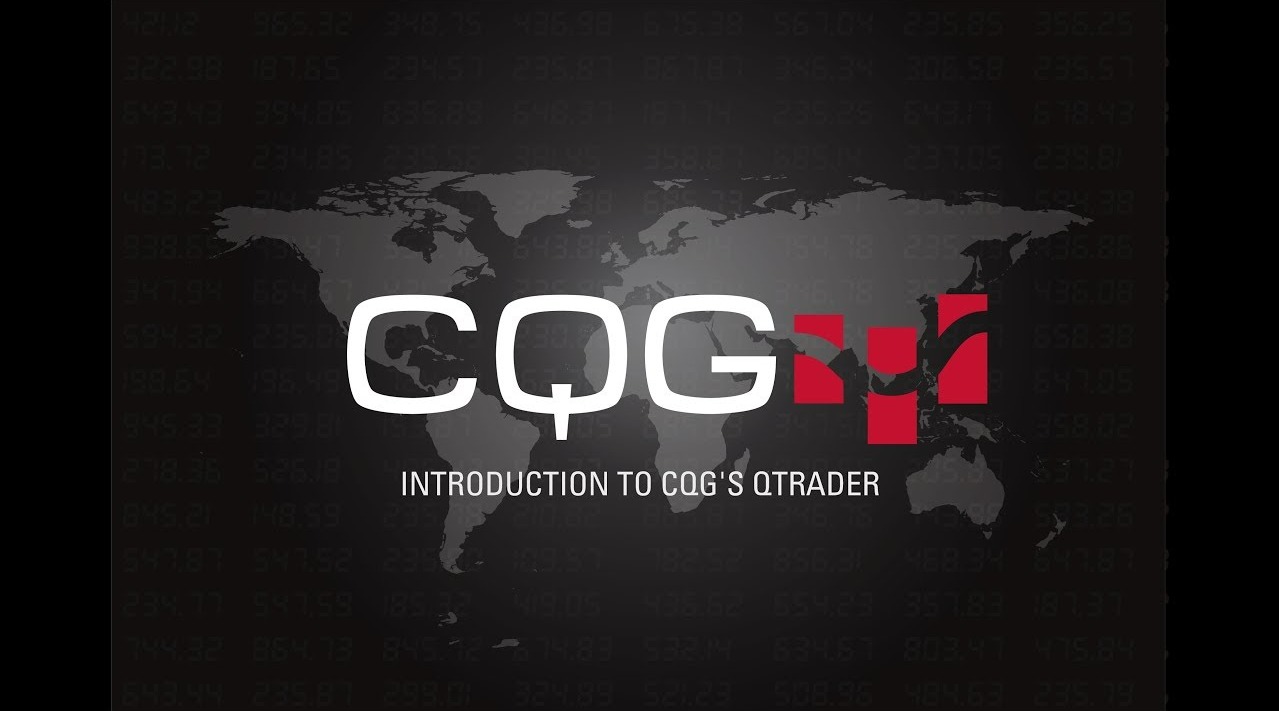Michael Logue has rejoined the London offices of IG Group after spending a year with tastytrade. He has now been appointed as IG's Head of Product and Marketing for Europe.
Michael Logue Rejoins IG Group in New Role
Last January, he joined tastytrade, an IG subsidiary, as the Vice President of Growth on a temporary basis. He intended to hold onto the temporary role for six months but ended up spending a year there. IG closed the $1 billion acquisition of tastytrade in June last year to expand into the US options trading market.
He has been a part of IG for about eleven years. He joined the broker as a Revenue Analyst in January 2012 and has climbed the corporate ladder over the years. Some of his roles at the company include Lead Analyst, Head of Marketing Intelligence and Global Head of Client Acquisition. Before joining tastytrade, he was IG's Global Head of Advertising.
"And just like that, my time in Chicago has come to an end. What started as a 6 month secondment which began on 5 days' notice became an incredible 12 months working with the team at tastylive and tastyworks," Logue wrote in a Linkedin post. "I'm really excited to be taking back what I've learned at tasty about the power of innovation, agility and really knowing the customer to the IG Group mothership."
Before joining IG, Logue had a five months stint at PwC, where he was the Associate in Risk Assurance.
Check out the recent London Summit session on "Innovation in Behavioural Finance; Trading Tools & Education" where IG's Head of UK, Louis Bridger, was a panelist.
Michael Logue the Latest in String of Industry Hires
In addition, IG had a few significant changes in the role of its executives. The company recently promoted Manuel Barbero to Global Head of Acquisition & Media and hired Tobias Stöhr as Germany's Head of Sales. Glen Hastings joined the IG Group as an Institutional Sales Manager earlier this year.
Meanwhile, the revenue of IG Group jumped by 11 percent in the first quarter of the financial year 2023. The total figure came in at £241.8 million, whereas the OTC derivatives business generated £197.8 million, which is 5 percent higher than the previous year.


















